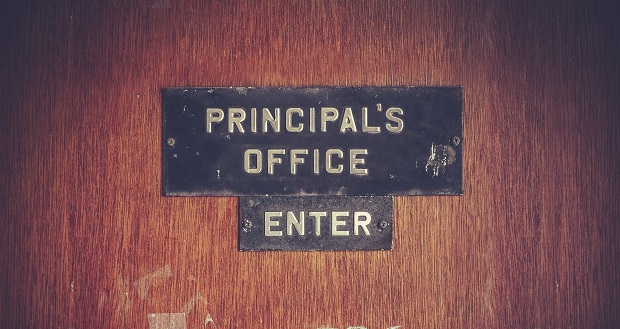This idea of in-school suspension has been around since the 1970’s when researchers began propagating the notion that out-of-school suspensions (OSS) were ineffective, and perhaps even detrimental to students. It has been my experience that out of school suspension is only ineffective when the student is left unsupervised in the home while they are suspended, and because the parents don’t hold the child accountable for his poor behavior in school. Students would come back from out of school suspension, without any consequence imposed in the home, and had no fear of being suspended again. The school then has been handed the responsibility of holding students accountable, while the student remained in school for behaviors that they would otherwise be suspended for. For ISS to be successful certain key elements must be in place and the program must be taken seriously by students, teachers, and administration. ISS is not a holding tank and should not be used for that purpose.
While in ISS students should be engaged in the same academic work that they would be completing in the classes that they would have otherwise missed. This prevents students from falling behind and having to play catch up. They should be inspired to change their behavior and work to understand their alternative to the negative behaviors they exhibited in the past, and they need to be educated on what those alternatives might be. In this way ISS becomes an intervention and not punishment.
To learn more about how to conduct an effective in school suspension program
CLICK HERE






